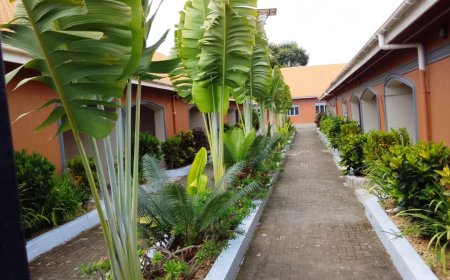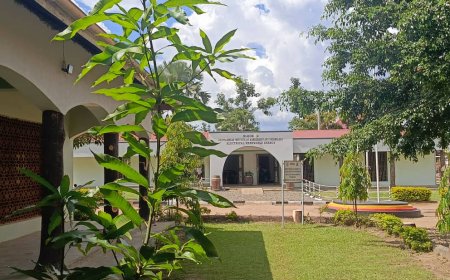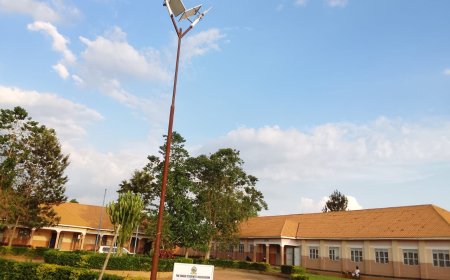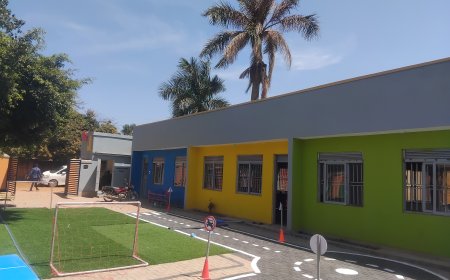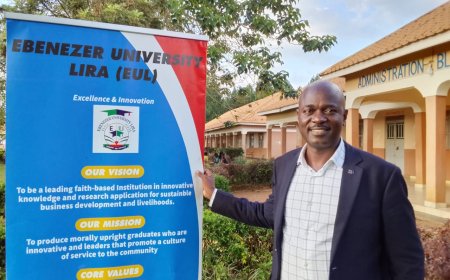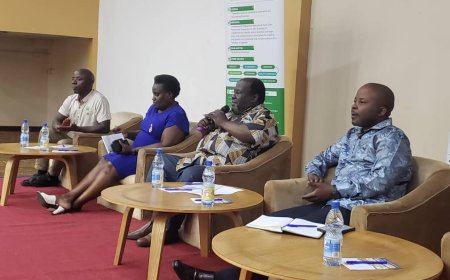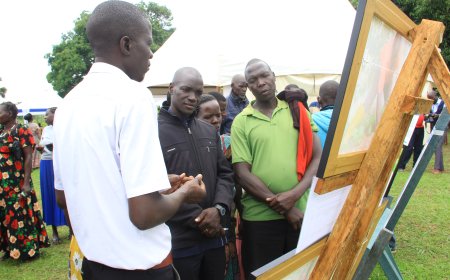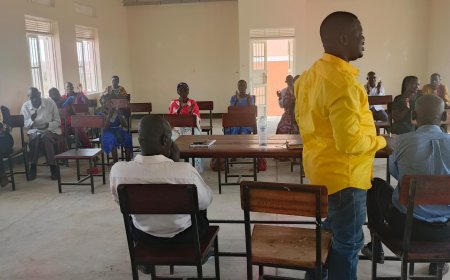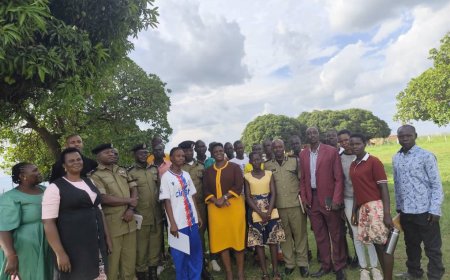Unlocking Uganda’s digital potential: Why inclusive connectivity matters
Uganda’s digital divide remains a reality, particularly in rural areas where limited connectivity excludes people from the benefits of e-commerce, online services, and skills development. Beyond access challenges, infrastructure investments are cost intensive, and, as with any new technology, public trust in online transactions needs to be earned; citizens are often sceptical of the safety and reliability of unfamiliar platforms.
Alex Kateshumbwa, Cloud Sales Specialist, Liquid C2
With Uganda progressing on its journey towards becoming a technology-enabled economy, connectivity has emerged as a key driver of economic and social growth. To maintain this momentum and unlock the opportunities that come with it, these connectivity solutions must be inclusive.
Essentially, connectivity bridges distance and access. It provides individuals, businesses, and institutions with the opportunity to participate meaningfully in the digital economy. Whether it’s a farmer using mobile money to receive payments, an entrepreneur selling handmade crafts on online marketplaces, or an emerging fintech expanding its online footprint, connectivity removes barriers that once kept markets and opportunities out of reach.
The socio-economic benefits are clear. As online platforms expand, so do job opportunities, new business models, and innovations that can improve lives. Recognising this, the Ugandan government’s Digital Transformation Roadmap emphasises the importance of the necessary infrastructure, skills, and innovation in driving inclusive growth, from connectivity to cloud computing, cyber security services, and AI solutions.

Connecting communities and businesses
Uganda’s digital divide remains a reality, particularly in rural areas where limited connectivity excludes people from the benefits of e-commerce, online services, and skills development. Beyond access challenges, infrastructure investments are cost intensive, and, as with any new technology, public trust in online transactions needs to be earned; citizens are often sceptical of the safety and reliability of unfamiliar platforms.
Using the skills and resources at their disposal, technology providers can help ensure that everyone is part of this journey. With a population of just over 49 million people, Uganda’s internet penetration rate stands at 27%, or approximately 13.3 million users. This presents significant opportunities for organisations to introduce innovative technologies aimed at growing this untapped market.
For instance, Liquid Intelligent Technologies in Uganda, a business of Cassava Technologies, is tackling these challenges – and opportunities – head-on through strategic infrastructure investments and innovative service models that cater to all levels of users, from households to large enterprises.
This includes expanding its networks to reach beyond urban centres to underserved areas. Price segmentation is another way to ensure affordability for sectors such as education and charities, along with the adoption of models where people contribute through services rather than payments. Community-focused initiatives also provide wider access, such as Liquid’s rollout of 320 affordable Wi-Fi hotspots across Kampala, which expands internet availability to citizens and supports the government’s vision for national development and digital inclusion.
From a business perspective, the launch of Azure Stack in the country gives organisations access to world-class private cloud services, eliminating the need for heavy upfront costs, while also complying with Uganda’s strict data residency and sovereignty regulations.
For the benefits of these investments in connectivity and advanced technologies to be properly realised, they need to be supported by appropriate digital literacy and skills development programmes. For Liquid Intelligent Technologies, this includes providing free internet to schools and partnering with learning institutions to train future cyber security and cloud experts. All of this supports a future Uganda where every individual, business, and institution is empowered to participate in the digital economy.
A shared journey
Uganda’s digital future is already taking shape, with government services such as procurement systems, revenue collection, and land registry processes now online. However, true transformation needs an inclusive approach that ensures no one is left behind – urban and rural, young and old, the formal and informal sectors.
The fourth industrial revolution is here, and technology and digitisation are a big part of it. Strengthening ICT infrastructure, particularly through investments in high-speed broadband and cloud technologies, will open doors to innovative business models, improve productivity, and attract foreign direct investment. And everyone will benefit.
What's Your Reaction?










